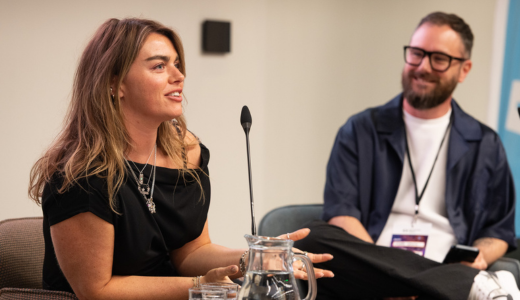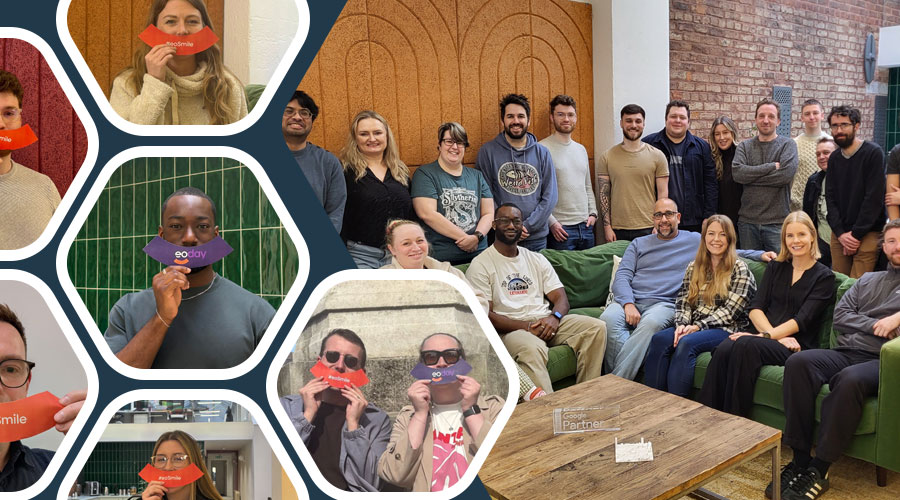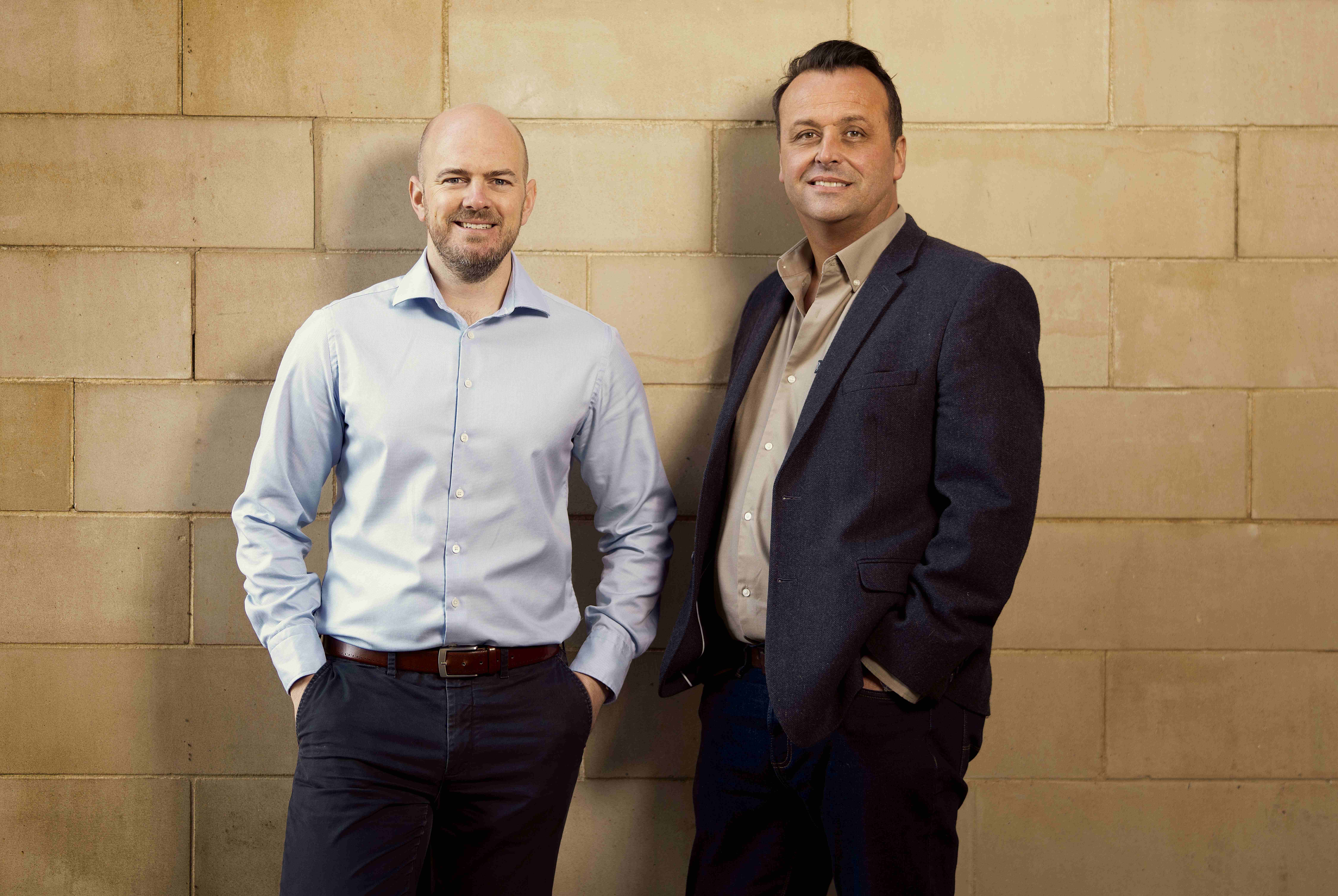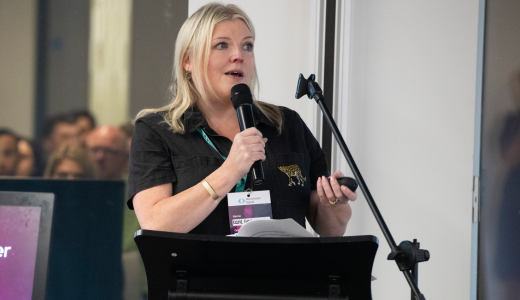The number of women in key roles in the technology industry has remained roughly unchanged for 10 years, a study has shown.
A report by the research firm Gartner on chief information officers (CIOs) and the challenges they face in the industry has shown that the percentage of women taking the role has remained largely static at 14% since 2004, when the firm started gender analysis.
The situation in the EU is also worse than developing nations and the US, where the proportion of women in leadership roles is higher. Gartner’s data showed women occupied 11.2% of technology leadership roles in Europe, the Middle East and Africa compared with 18.1% in North America, 13.4% in Latin America and 11.5% in Asia.
“The EU generally lags behind nations in Latin America, Asia and the US primarily because of a traditional hierarchy, in my view, with more institutionalised behaviour, which makes it harder for new schemes of working and thinking to break through,” said Tina Nunno, a vice-president and fellow at Gartner.
‘Women have become very intolerant’
Nunno said women were more likely to pick companies that aligned with their idea of good corporate values, but women who didn’t see those values followed through at every stage of the company were more likely to leave.
In many industries, including technology, companies will recruit identical numbers of men and women but lose the women within a few years.
“A lot of companies thought this was because women were leaving to have families, but more recent data tends to show that women have become very intolerant of situations where they feel men who are not as qualified as them have been promoted over them, frequently just leaving,” said Nunno.
“Systematically we have to change the promotion structure so that women are promoted and kept engaged in the company. That could be as simple as changing the criteria under which people are promoted.”
Lose the ‘hero mentality’
Nunno explained that one of the issues is that promotion structure in technology is often focused on the “hero mentality”, where people work very hard to fix problems after they happen. Men generally associate with the hero mentality, but women are often better at identifying and rectifying problems before they happen – but that means they are seen to be doing less hard and crucial work.
Losing women before they reach the upper echelons of technology companies is detrimental to good leadership, Nunno said. “Technology leaders often need the ability to work and collaborate across the organisation with people that they do not directly manage or have power over – something women are generally better at, according to recent research around organisational politics.”
She said: “I don’t believe this bias towards men is conscious. Most people simply don’t say they don’t want to work with a woman, it’s just that on some unconscious level there’s a detrimental lean in the direction of men.”
In an effort to level the playing field some companies in the US are experimenting with reducing job applicants to qualifications and experience only, removing personal information such as name and sex and replacing it with an identification code in parts of the recruitment process.
“In Europe, compared to countries like the US, much more personal information is put on resumés like name, marital status and the number of children we have, which quite frankly is just information that inadvertently sets off stereotypes or biases,” Nunno said.
The problems facing women in technology are not insurmountable, but Nunno thinks that no one organisation can do it alone. However, many organisations and groups are attempting to change the status quo, getting more women into technology, science, engineering and mathematics jobs, and helping to keep them there.
What is the government doing?
Recognising that women are significantly under-represented in engineering and technology careers, the government has repeatedly called for organisations and business to bring more women into the foldthrough its campaign Women into Technology and Engineering Call to Action.
The campaign focuses on helping to remove barriers to science for girls and women, and builds on previous schemes including work on equality by the Research Councils.
The Stem (science, technology, engineering and mathematics) diversity programme led by the Royal Society and Royal Academy of Engineering is also funded by the Department for Business, Innovation and Skills, while the Equality Challenge Unit runs the Athena Swan schemesupported by the funding councils and Universities UK.
Women 4 Technology
Founded by the recruitment firm Bailey Fisher, Women 4 Technology is an informal group of female business heads that meets via invitation only for networking, talks and presentations, in places such as the House of Lords.
Women in Technology
Part of the recruitment firm McGregor Boyall, Women in Technology is a job board that only advertises positions with organisations that have stated an explicit commitment to increasing the number of women in technology working for them.
The companies have to have gone beyond simple recruitment criteria by setting up schemes to retain women already in the company, addressing the issues that cause loss of women over time.
BCSWomen
An arm of the British Computer Society (BCS), BCSWomen is dedicated to supporting the training and employment of women in technology, IT and coding jobs. It has identified that attracting women to IT jobs is difficult, but also that women find it hard to return to IT jobs after a career break.
A BCS campaign throughout May will attempt to highlight women in technology and set the gold standard for diversity in the profession.
Computing carousel day at school
To mark Ada Lovelace Day, Streatham and Clapham high school, part of the Girls’ Day School Trust, will be holding a “computing carousel” day of talks, careers coaching and coding sessions.
The girls will be able to learn from coders, hear from Julie Dawson of Techhangout and Anne-Marie Imafidon of Stemettes, among others, and get an appreciation of what a career in technology could do for them.
#5smallsteps
A movement kickstarted by Danielle Newnham, the co-founder of We Make Play, #5smallsteps aims to get women already in technology noticed and prove that not all startups and technology companies are led by men. The idea is for women in technology roles to share their stories, reach out to journalists, mentor, do outreach and use the power of social networks to win influence, friends and work.
Digital Mums
One organisation attempting to get women into flexible working online isDigital Mums. Its goal is to train and mentor women for work as online community managers. The idea is that social media outreach is a growing industry for business and mothers already have some of the skills needed, while the job allows flexible hours and can be done from home.
Girls in Tech
With branches in the UK, China, Greece, France, Chile, the UAE and the US, Girls in Tech is a global network of groups that seeks to boost the visibility of women in technology jobs. It hosts events, provides resources and promotes the availability of jobs in technology.
Women in Telecoms and Technology
Women in Telecoms and Technology (Witt) was founded in 2001 by executives across the telecommunications industry who realised they were often the only woman in their organisations at a senior level. The group educates and mentors members, allows women to share ideas and holds talks and meetings. It has 500 members scattered throughout companies including BT, Vodafone, EE, IBM, Ofcom and Reuters.
Mothers of Innovation
A conference aimed at exploring and celebrating the power of mothers to change the world, Mothers of Innovation (MoI) is part of the Family Innovation Zone, whose stated aim is to support, highlight and promote innovations that help make family life easier.
The MoI conference in June about the things mothers are doing for themselves will showcase the ways mothers are changing the world around them in education, healthcare, finance and technology.
Wise
Set up 30 years ago, Wise is dedicated to increasing the gender balance in science, technology, engineering and maths in the UK, aiming to raise the number of women from 13% now to 30% by 2020.
Wise offers support services to business, education and women returning to work, and has HRH the Princess Royal as a patron.
WiSET
Women in Science, Engineering and Technology (WiSET) is based within the centre for science education at Sheffield Hallam University. Its stated aim is to “widen the participation of under-represented groups in science, technology, engineering, maths (STEM) and the built environment”.
It has been working with other equality and diversity groups, including Wise, and has taken a holistic approach to the diversity problem, starting at the individual level while targeting company and national culture.
WiSET offers resources, information, reports, career advice and support, while setting up activities to help get women into technology and associated careers throughout education and employment.
Scottish Resource Centre for Women in Science, Engineering and Technology
Another university-attached organisation, the Scottish Resource Centre for Women in Science, Engineering and Technology is the Scottish government’s arm dedicated to increasing the number of women in education and employment in technology and related industries.
Part of Edinburgh Napier University, the centre offers support and information for addressing recruitment and workplace inequality, but also the retention of women in industry and their ability to return to work after having children.
Source: Guardian Technology







